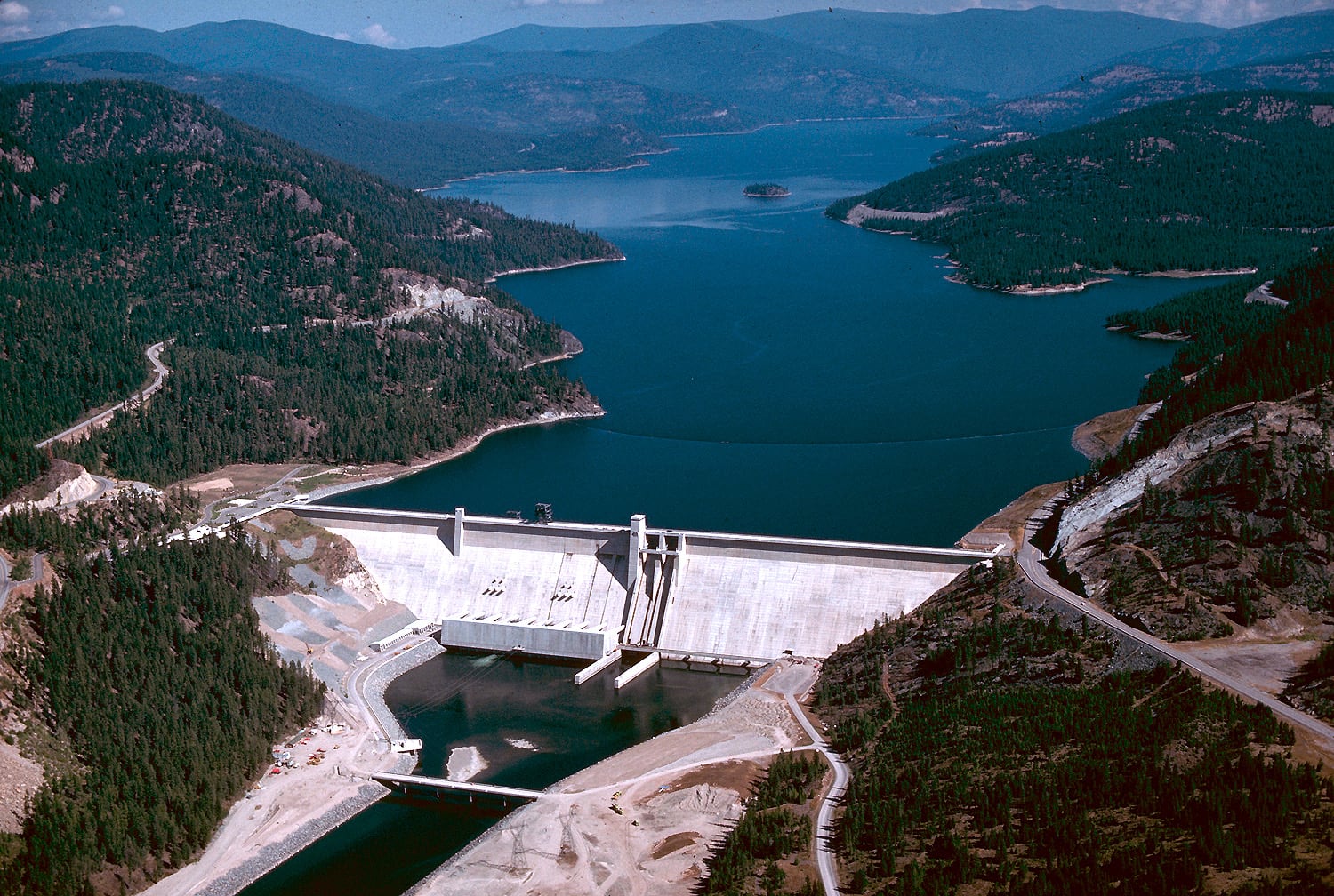River Talk: U.S. looking reduce the amount of ‘Canadian Entitlement’
Eileen Delehanty Pearkes has been researching and writing about the history and politics of water in the upper Columbia Basin since 2005.
Her book on the Columbia River Treaty, A River Captured, which can be purchased on Amazon was released in 2016. Recently, her travelling exhibit on the Columbia River Treaty, curated for Touchstones Nelson, won a national award from the Canadian Museum Association.
Pearkes has agreed to assist The Nelson Daily readers to understand the importance of the Columbia River Treaty to the region with another edition of River Talk.
Recently, the Columbia River Treaty international negotiators met for the sixth time, in Victoria, B.C. The specific content of the negotiations is not public, but the words “frank” and “honest” have come up in public statements from both governments about how things are going.
As the talks progress, the main issues surrounding this 55 year-old agreement between the U.S. and Canada grow clearer: the U.S. wants to reduce the amount of the Canadian Entitlement and retain the same flood control. Canada wants more compensation for flood control and more input on the operations of Libby Dam in Montana.
In and around these major issues sits the broad concept of improved ecosystem function. As part of their consultation process, the U.S. State Department has been holding ‘town hall meetings’ in various parts of the Columbia Basin. The one in Portland, Oregon last fall was filled with worried voices, about the changes to the flood control that Canada agreed to in 1964 for a finite 60 years. Portlandians don’t want to lose these assurances, in particular due to the city’s extensive economic development in the historic river floodplain since then.
Recently, U.S. lead negotiator Jill Smail traveled to Kalispell, Montana, to hear from about 200 people.
It’s worth taking a look at the press from those meetings here and here. Portland residents reappeared at the Kalispell meeting, to again press their concerns about flood control. A large contingent from Lincoln County, Montana also attended, led by an adept spokesperson, State Senator Mike Cuffe. It turns out that folks who live in Lincoln County share a similar past with affected areas in B.C. Libby Dam flooded 40 miles of the Kootenay River on the U.S. side, displacing residents and destroying livelihoods.
Senator Cuffe has been speaking up about this issue for many years, and has earned my full admiration for his tenacity. He recently guided a nearly unanimous resolution through the Montana State Legislature, requesting compensation for damages and losses in that county where the reservoir flooded land. Cuffe has said he would be happy with 20-30% of the profits from power produced by Libby Dam.
He has pointed out that B.C. receives a “Canadian Entitlement” but Lincoln County gets nothing. In correspondence with me, Cuffe has also praised the Columbia Basin Trust, a grass-roots success story tied to the history of the Treaty.
It’s important to point out that the controversial “Canadian Entitlement” concerns power produced on the Columbia River main stem, and that this money comes directly into provincial coffers, not to the affected region. B.C. receives no share of any power produced at Libby Dam, even though another 40 miles of reservoir stretches up across the border. Nor does B.C. have any control over the specific operations of Libby. Canada gave that away in 1961-64 negotiations.
It’s also worth pointing out that the Trust was endowed with funds equal to only one (average) year of the Canadian Entitlement. The Trust is to be commended for its ability to grow and invest those original funds to the point that it now provides some real support to all communities of the upper Basin in B.C. But it would be a mistake to suggest that the Trust’s funding stream comes even close to mitigating the losses from the flooding of three major river valleys, or that its own endowment even made a dent in the great profits resulting from the Columbia River Treaty.
The trans-boundary conversation is well under way. I’m watching with a great deal of interest, and am frankly fascinated by the way history still plays into the various discussions about how to modernize this treaty.
To share your views on the Treaty, email: [email protected] or write to the Columbia River Treaty Team, Ministry of Energy, Mines and Petroleum Resources, PO Box 9314 Stn Prov Govt, Victoria, B.C. V8W 9N1.

























